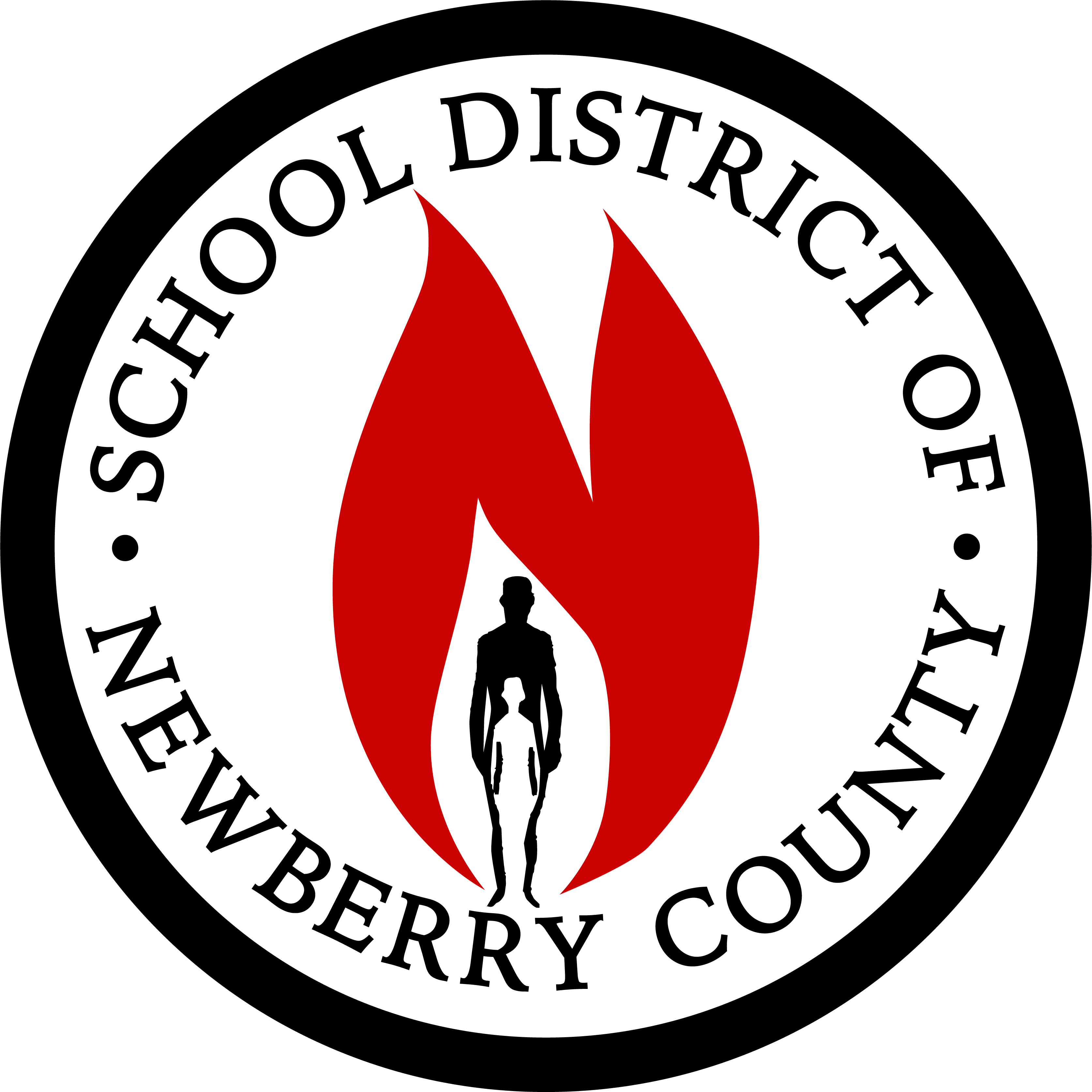FAMILY LITERACY PROGRAM COMPONENTS
The Newberry Family Literacy program provides services that are of sufficient intensity in terms of hours, and of sufficient duration, to make sustainable changes in a family and that integrate all of the following activities:
ADULT EDUCATION
This component comprises instruction in reading, writing, computing, and problem-solving, as well as English as a Second Language, High School Diploma, GED classes, and Career Readiness training. The Adult education component is offered at the Newberry Adult Education Center at the Kendall Road Complex.
EARLY CHILDHOOD EDUCATION
The children's education component is designed to promote the growth and development of young children and to engage parents in their child's educational program in order to foster meaningful involvement that will be maintained throughout the child's educational career. This component uses a developmentally appropriate curriculum that focuses on the whole child and emphasizes the development of literacy. The child's cognitive, physical, social, and emotional skills are developed. We offer this component in part through our Bright Beginnings CDC which is located at the Kendall Road Complex. Parents can attend the Adult Education Center during the same timeframe as their child is attending Bright Beginnings. Education opportunities for families are improved by integrating early childhood and adult education into unified programs.
PARENTING EDUCATION
The parenting component often includes home visits or a safe place conducive for learning and enrichment activities. Parents' literacy skills, along with their attitudes about learning and formal education, have an immense impact on their children's academic achievement. Parent education helps families actively participate in their children's education at home and at school.
INTERACTIVE LITERACY ACTIVITIES BETWEEN PARENT AND CHILD (ILA)
Engaging in Interactive Literacy Activities fosters a strong partnership between parents and children, leading to academic and lifelong achievements. These activities are centered on the children's interests, with parents actively participating and supporting their learning through meaningful interactions and play. Through this reciprocal learning process, parents and children can become equal partners in education. The session concludes with a literacy-focused group activity that offers ideas for applying the learning at home.
